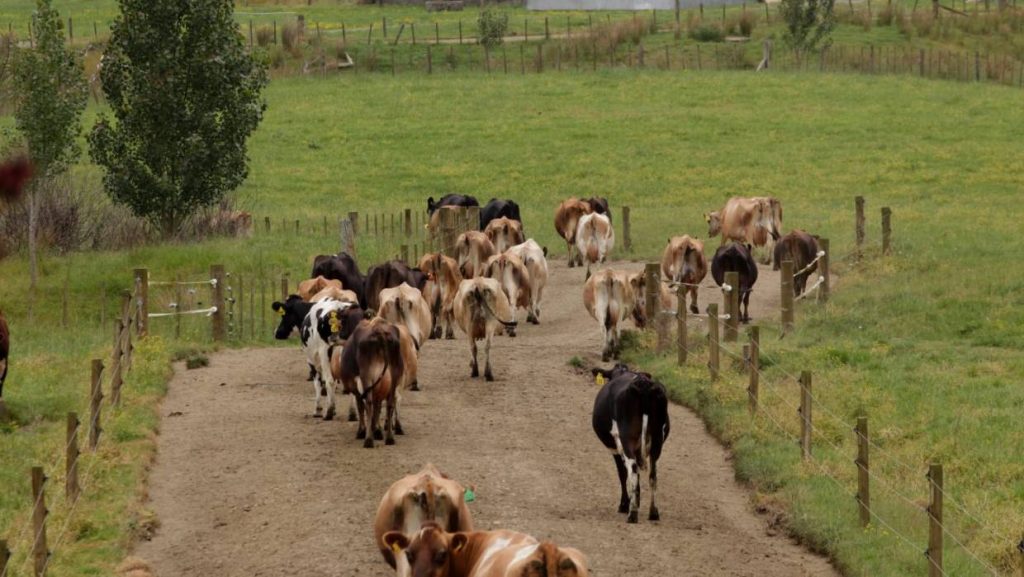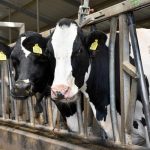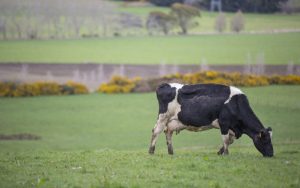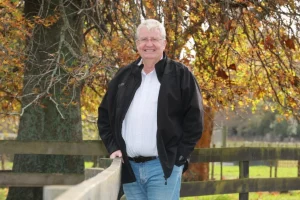
The high cost of effluent compliance and looming challenges around Plan Change 1 and the Zero Carbon Act have seen more smaller farms exit the industry. This land is either being swallowed and amalgamated into larger farms by the neighbour or being converted to maize or heifer grazing.
Net farm income was no longer matching these expenses with farm working expenses per year rising 1.4 per cent faster than increases in net income over the past 19 years, AgFirst economist Phil Journeaux said.
Speaking at the release of its annual economic survey at Mystery Creek, Journeaux said this cost squeeze was driving a lot of the reasons why small farm operators were selling up or getting out of dairying.
These small farms in the 40-60ha size were either being leased to larger farms, or are going into maize production or heifer grazing.
“All things being equal that trend will continue,” he said.
Compounding the issue was a 10-15 per cent fall in land values across the Waikato. While elite farms still sold well, those in the mid-range were selling at a reduced price and those “tier three” farms were struggling to sell at all, he said.
AgFirst managing director James Allen said compliance costs were weighing farmers down. The changes that were coming to farming were no longer on the horizon, they were on the doorstep, Allen said.
“Those who can adjust to the new compliance rules will survive. Those who can adjust and be in the top 25 per cent, I think will thrive because opportunities will come quick and fast.”
Dairy farm owner and Small Milk and Supply Herd committee chairman Noldy (Arnold) Rust said a generational change was occurring among farm owners in Waikato.
“When you’ve got all of this compliance and all of these changes and negativity toward farmers, they have just had enough. I was talking to one the other day and he said, ‘We just don’t want to put up with this anymore, it’s time to get out’.
“None of them are 30. They are all in their 50s and I talked to one who got out three years ago and said, ‘Man I did the right thing’.”
There was also the perception that farmers were “raping and pillaging the land”.
“We have never felt such pressure for doing what we love doing and if you put that on top of compliance costs and keeping up with everything, guys are saying, ‘enough is enough’.”
This was all hastening their exit from farming, but that was not necessarily bad.
“It’s an opportunity for someone else to get in. These things go in cycles and it’s just a matter of where you fall in the cycle.”
























